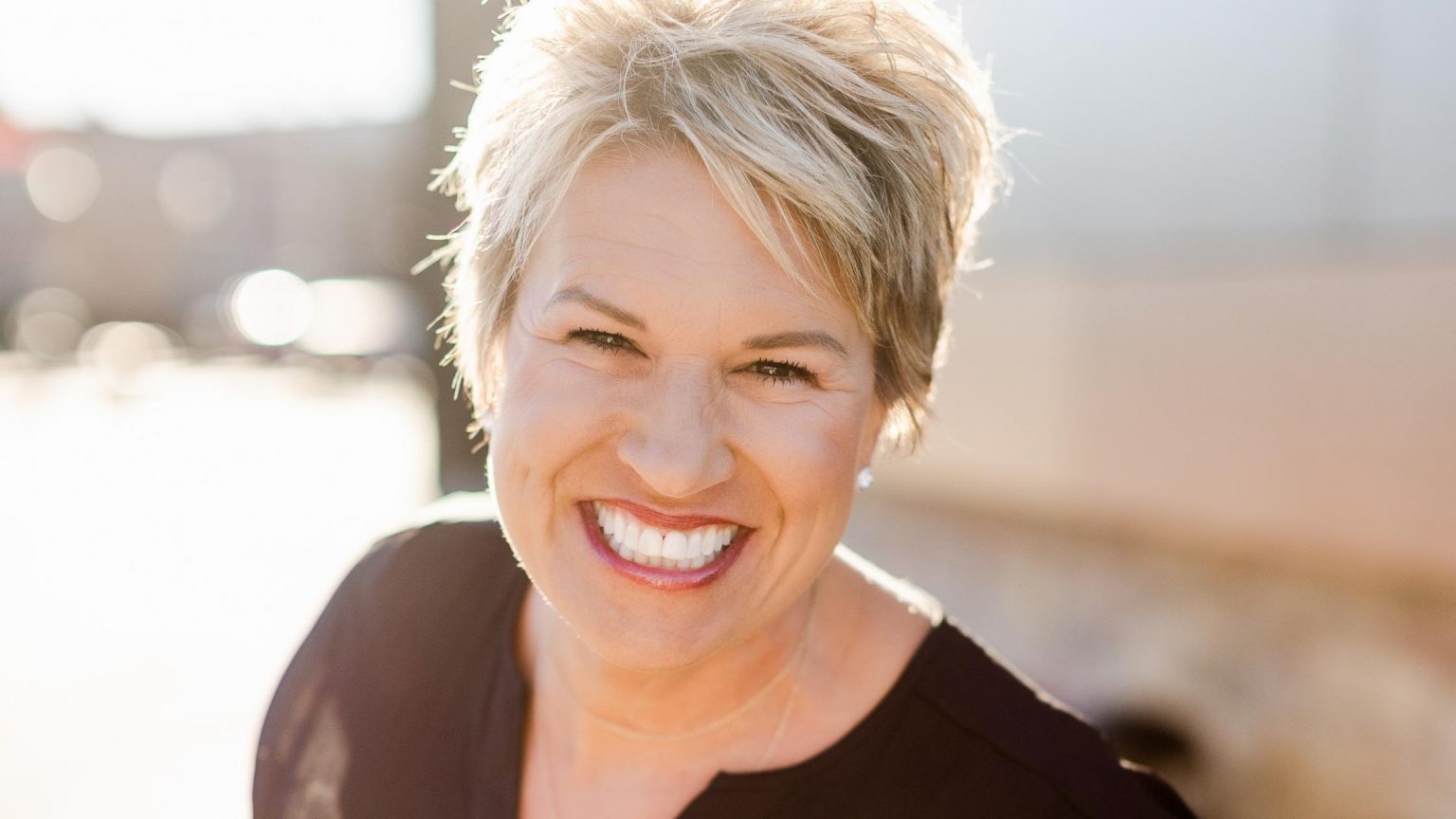In our everyday lives, we spend a great deal of time telling ourselves that we aren’t good enough, smart enough, talented enough, or thin enough. Our minds tell us we don’t deserve the things we want. Our desires will never come true; even if they do, they will disappoint us. It’s called the inner critic―that part of us that judges us, shames us, and makes us feel inadequate And it affects us in very powerful ways.
In this episode, Kim explains we get messages from our primary caregivers, society, and our community that tell us how we are supposed to operate in the world There’s invisible rules and expectations of how we are supposed to “do life.” In order to protect ourselves, our inner critic shows up to keep us in line. But the inner critic exaggerates and judges, and while it has our best interest at heart, it doesn’t help us or motivate us to change. Instead, it keeps us from being true to ourselves.
Kim walks you through 4 layers of self-talk, according to Jack Canfield, and how we can coach ourselves in a positive and more rewarding way.
What’s in the episode:
- The role of the inner critic
- How we are living in the emotional traps we grew up in
- How our beliefs shape our perceptions of how we show up in the world
- The 4 layers of self talk to overcome your inner critic
“When guilt and shame are used to control you, you become someone you’re not. ”
– Kim Strobel
If you enjoy this episode and it inspired you in some way, I’d love to hear about it and know your biggest takeaway. Take a screenshot of you listening on your device, post it to your Instagram Stories and tag me, @kimstrobeljoy.
I would also love if you subscribed to the podcast and left a review at https://podcasts.apple.com/us/podcast/she-finds-joy/id1487739752
Kim’s Happy Academy is Open!
If you’re tired of putting yourself on the back-burner and ready to learn powerful strategies for increasing your happiness levels and reclaiming your life, you might want to grab a spot on the Happy Academy Waitlist. Over 17,000 people signed up for this 10-month program last year, now it’s your turn! Register at the link below!

